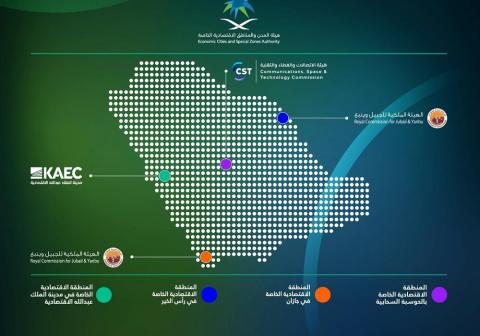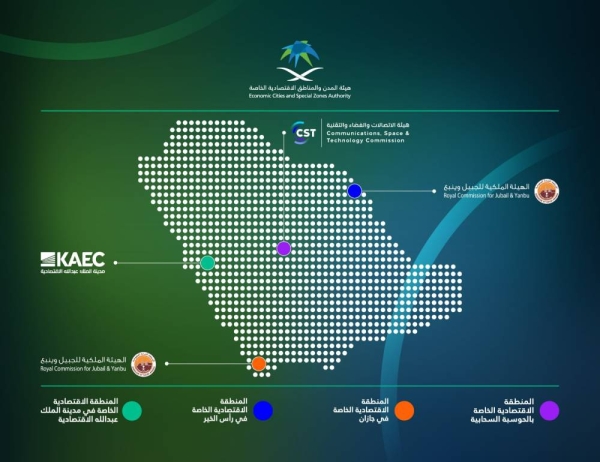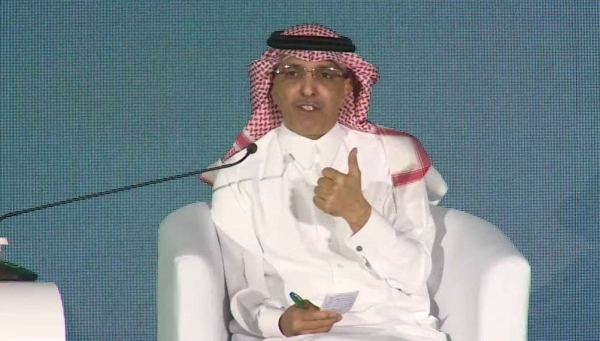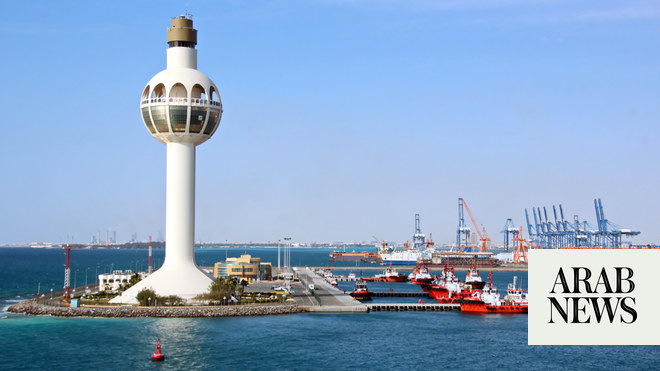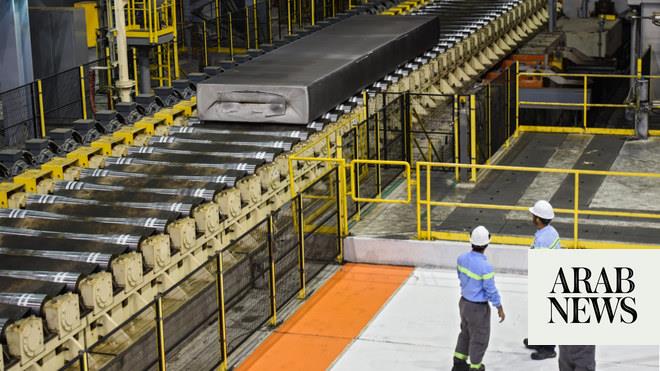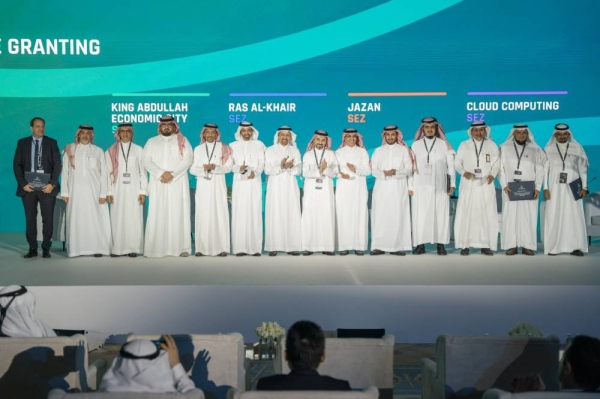
Saudi Arabia has officially issued licenses to four new Special Economic Zones on Monday. The new economic zones are located in Riyadh, Jazan, Ras Al-Khair and King Abdullah Economic City, north of Jeddah.
Minister of Investment Khalid Al-Falih, chairman of Economic Cities and Special Zones Authority (ECZA), handed the licenses in Saudi Special Zones Investment Forum in Riyadh along with other ministers.
Al-Falih shared the ways Special Economic Zone’s support the Kingdom’s capabilities to leverage its regional and international economic agreements in his opening remarks at the forum.
“We have closed SR285 billion worth of deals across various sectors ranging from auto to ICT, from agriculture to aerospace, and from petrochemicals to mining and renewable energy.”
He said: “The Kingdom inspires confidence across multiple social, economic and business indicators — from investor sentiment & trust in government to digital competitiveness, road connectivity, cybersecurity & quality of port operations.”
“Forward-looking, innovative, and focused on attracting FDI, our SEZs are purpose-built to maximize opportunities and minimize friction across key industries.”
Al-Falih added: “Globally, we’re seeing SEZs gain renewed relevance as part of a broader ‘Industrial Policy’ “comeback” trend, where large incentive packages and a new generation of SEZs are used to attract FDI in targeted supply chains.”
The new zones draw on Saudi Arabia’s strategic location at the heart of global trade, creating hubs for businesses across key growth sectors to launch and scale the companies and technologies that will shape the future.
The Special Economic Zones (SEZs) will support existing national strategies and create new linkages with international frameworks, building on the competitive advantages of each region to support key sectors including logistics, advanced manufacturing, technology and other priority sectors for the Kingdom.
Benefits for companies operating in the new SEZs include competitive corporate tax rates, exemption from customs duties on imports, production inputs, machinery and raw materials, 100 percent foreign ownership of companies, and flexibility to attract and hire the best talent worldwide.







